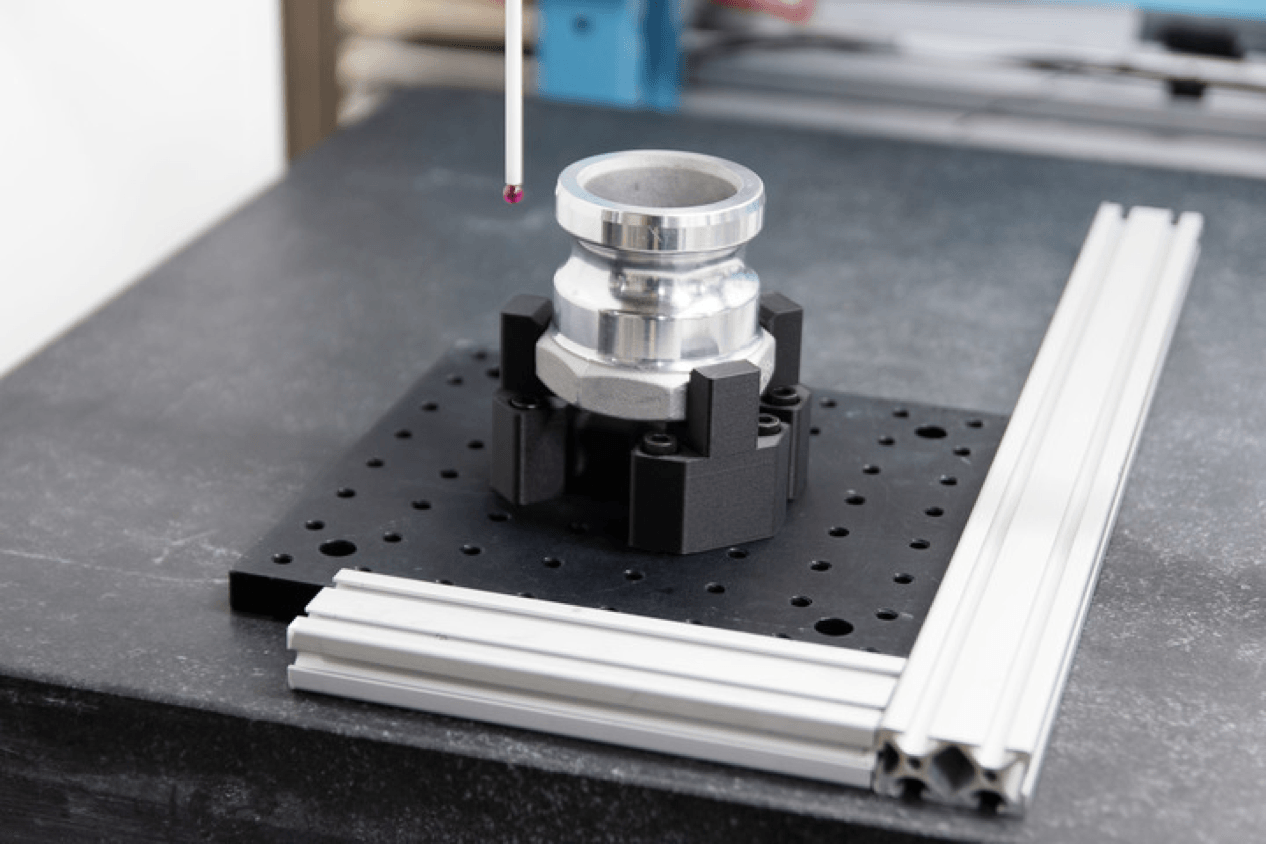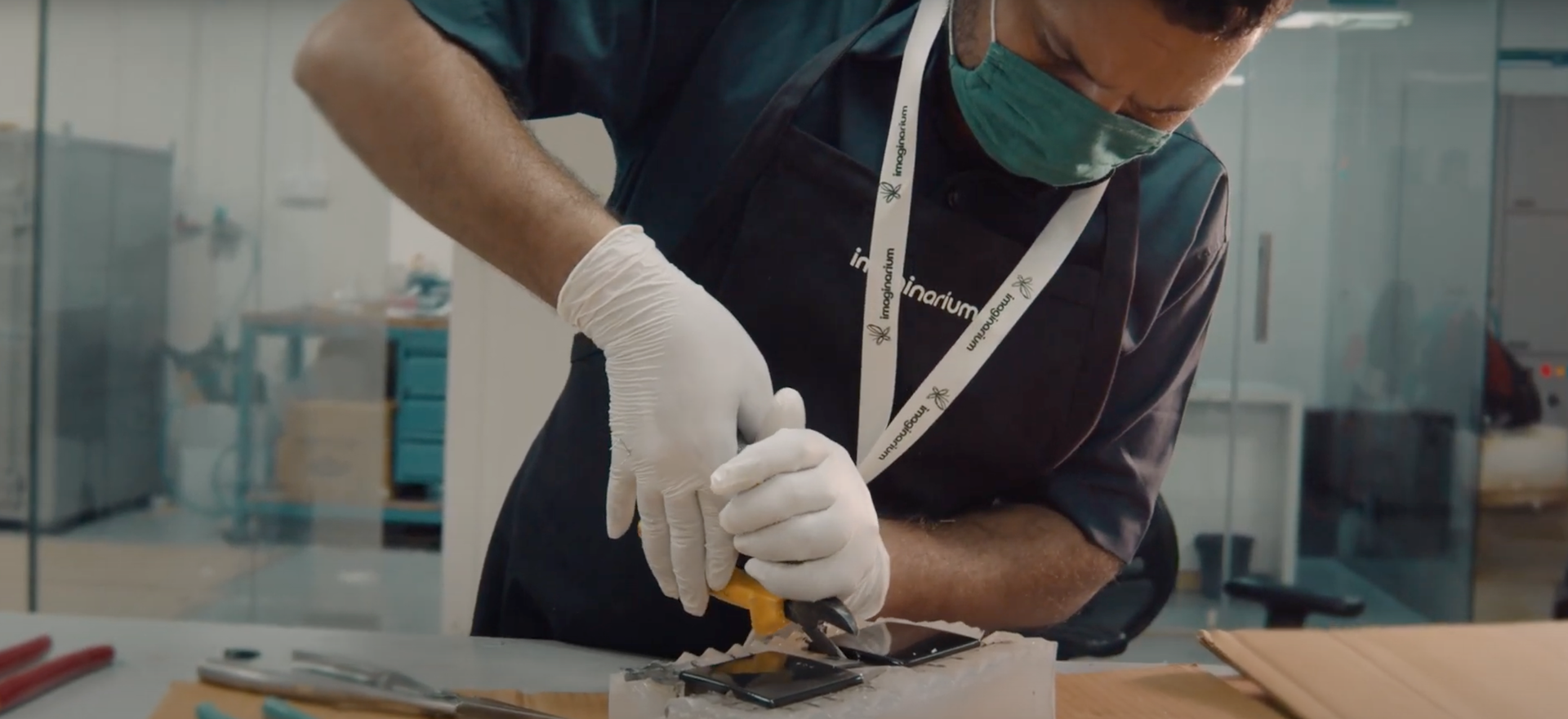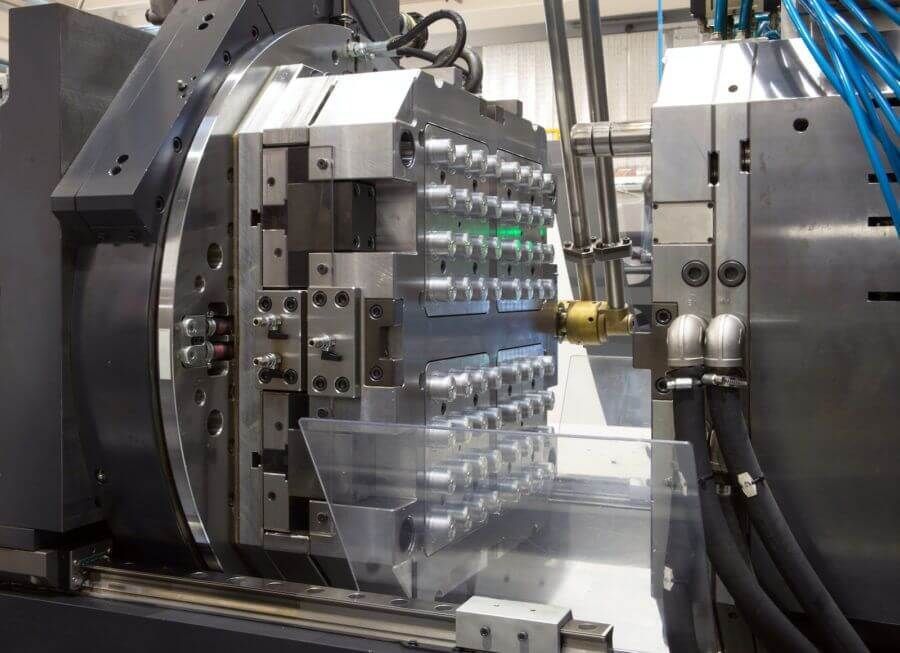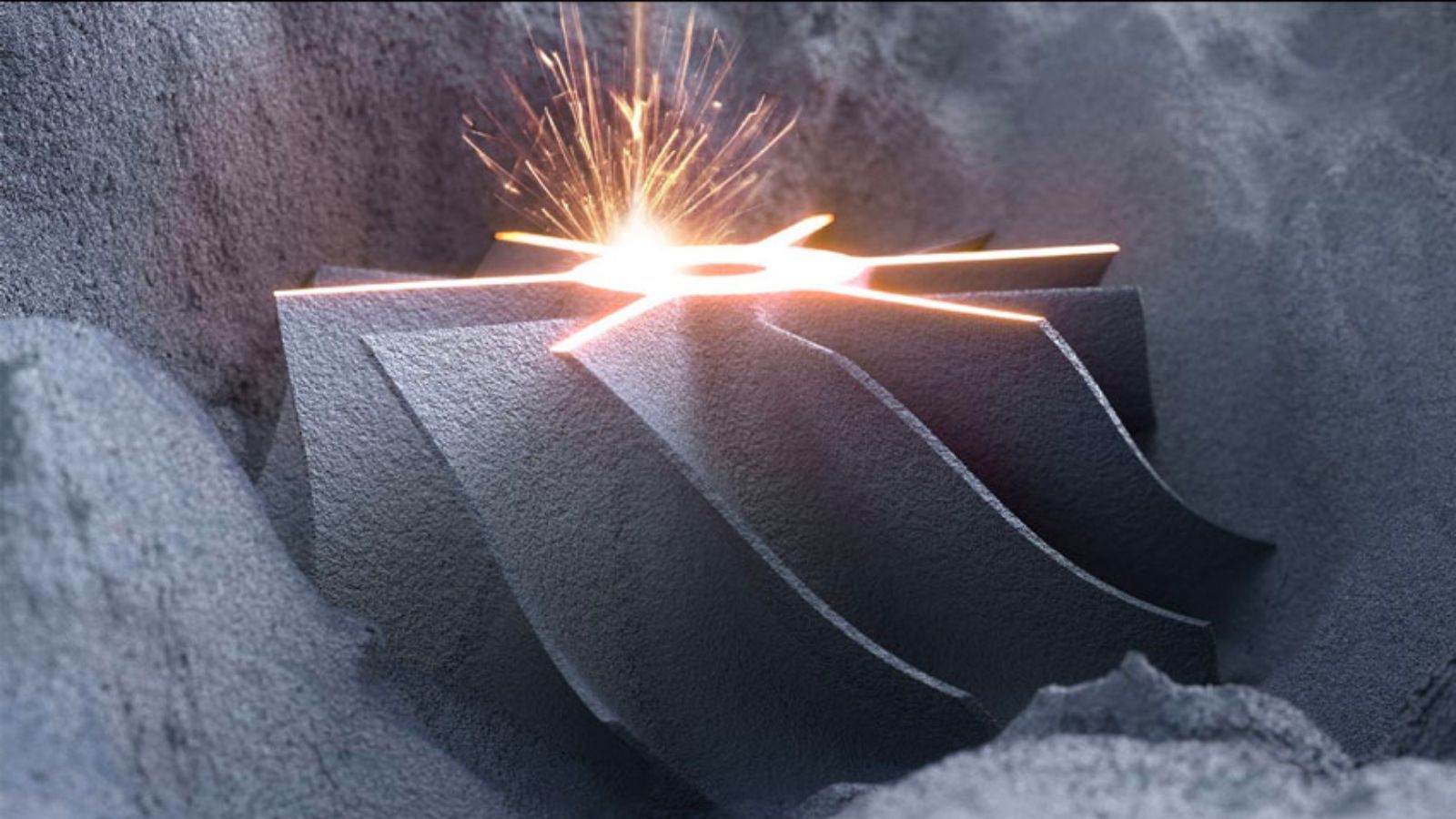Series production
Series production using modern technologies
When it comes to the series and mass production of plastic parts, the injection moulding process often takes centre stage. However, there are situations and good reasons why SLS series production can make sense.
Injection moulding is more cost-effective than selective laser sintering series production at high volumes. At lower quantities, however, SLS becomes an attractive alternative - whereby not only the quantities but also the size and complexity of the components play a role.
The great advantage of SLS lies in the flexibility and adaptability of production. Component geometries can be modified after each construction order without additional costs. In addition, production is ready for use at any time - provided we have the corresponding 3D CAD data available. This enables the short-term production of components and spare parts as well as bridge manufacturing. By bridge manufacturing, we mean the short-term delivery of components that are actually intended for later injection moulding.
It is also possible to produce complex geometries where the injection moulding process reaches its limits. Undercuts, for example, can be easily created with SLS. SLS really comes into its own with small 3D objects and enables cost-effective series production.
To ensure that the parts arrive at your premises exactly as you want them, we offer the appropriate post-processing such as vibratory grinding, dip colouring and painting.
The series production of plastic and metal parts is a central component of modern production processes that require efficiency, precision and high quantities. Various innovative technologies play a key role in taking this production to a new level.
From the rapid production of complex prototypes to the mass production of components, these technologies enable a wide range of applications in various industries. Here are some of the key technologies that are revolutionising the mass production of plastic and metal parts.
Advantages of series production:
- Cost reduction: by producing large quantities, production costs are significantly reduced, resulting in more favourable end products.
- High quality and precision: Standardised production processes ensure consistent product quality and precision.
- Rapid market launch: The ability to produce large quantities quickly accelerates the market launch of new products.
- Flexibility: Modern technologies enable customised solutions for specific customer requirements without any loss of efficiency.
- Competitiveness: Efficient series production increases the competitiveness and innovative capacity of companies.
- Reliability:
Standardised production increases the reliability and consistency of the manufactured products.
Click here for a non-binding offer with Rapid Quoting!








